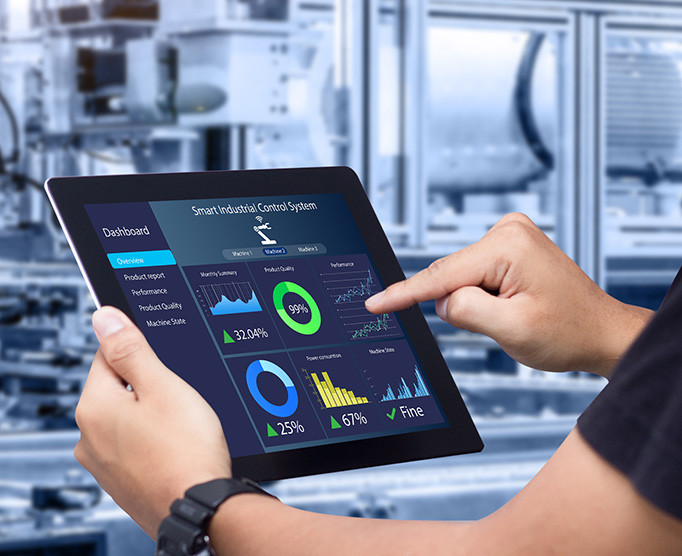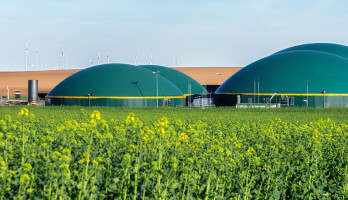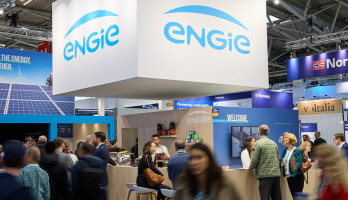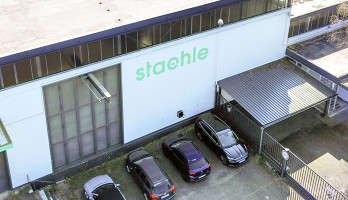
More efficiency through energy monitoring
In order to take the important step towards the long-term goal "zero carbon" and to contribute to the energy transition, an effective energy management strategy is necessary. The planning of an energy concept and the purchase of energy-efficient plants are only part of the overall strategy. After an energy audit, the long-term correct handling of the systems is important as a starting point – an energy management system helps with monitoring.
What is energy monitoring?
Energy monitoring is an essential part of energy management. It brings both environmental and economic benefits by dramatically increasing the energy efficiency of a company. Energy monitoring is a form of monitoring all energy sources. These include electricity, gas, heat, oil and compressed air. Comprehensive systematic recording of energy consumption in the company means that it can be actively controlled by taking appropriate measures. The energy monitoring includes the recording and measurement of the energy data, after which the data are thoroughly evaluated and analyzed. On this basis, the levers that can be pulled to make the company's energy consumption as efficient as possible are identified. This not only benefits the environment – expenditure on energy is also kept in check with sensible energy monitoring.
Energy monitoring makes energy flows in the company transparent
For example, displays showing the current power consumption of the individual machines can be installed in the production area of the company. On a large monitor, employees can monitor the entire power consumption in the company. Thanks to special energy monitoring software, all energy consumption and operating data of the plant and machines can be kept in view and processes systematically optimized. Adequate training of employees is important for the correct handling of energy monitoring.
Certain weak points, for example production plants excessive energy requirements, can be identified by energy monitoring. Even in office buildings and businesses, however, energy monitoring is used effectively. Energy wastage in the company is prevented and it is not uncommon for technical problems to be discovered that without monitoring might not have come to light until later. All of these factors generally lead to unnecessarily high energy consumption and thus excessive CO2 emissions as well as immense additional costs.
How does energy monitoring work?
Huge amounts of data must be captured in energy monitoring. In order to bundle the information in one place, a central software system is required. Systematic data acquisition, compact data management and meaningful data analysis are all part of this system. These functions are fulfilled, for example, by ENTECTIV.
Energy monitoring by ENGIE Germany
ENTECTIV, the manufacturer-independent energy management system from ENGIE, can keep energy costs under control. The system presents results in a clear and easy-to-understand manner and reveals potential savings. Energy reports can be sent by e-mail to predetermined users. It can either be installed at the customer's site or hosted by ENGIE Germany. The software is also recognized as part of energy management according to DIN EN ISO 50001. Energy and cost-saving measures can be derived from the evaluation of the data collected; in a practical case of ENGIE Germany, this was the retrofitting with a combined heat and power station. Such recommendations for action on a sound monitoring basis enable companies to significantly reduce their energy expenditure and their CO2 emissions – an important contribution to the energy transition.
Our Expert











